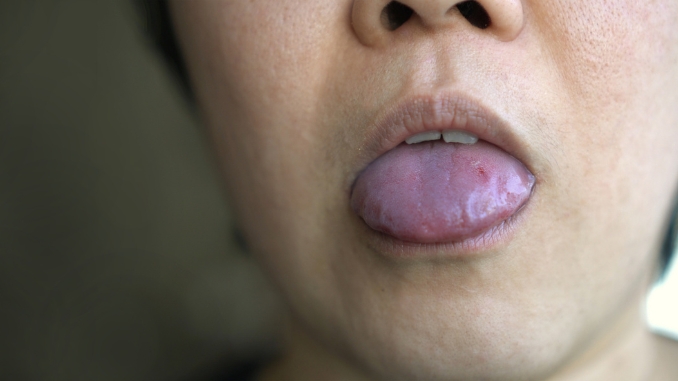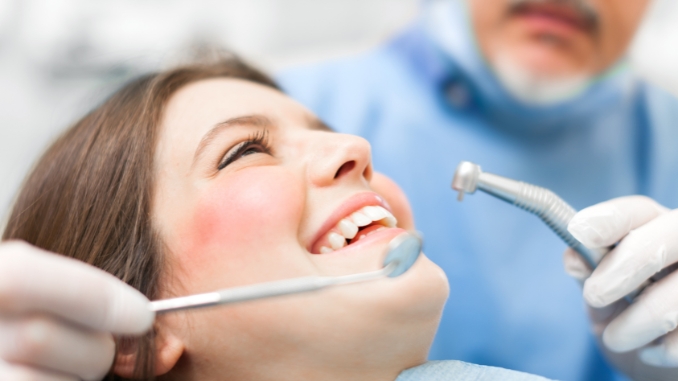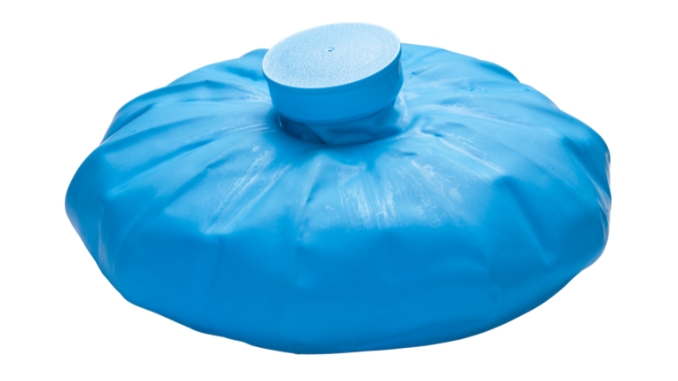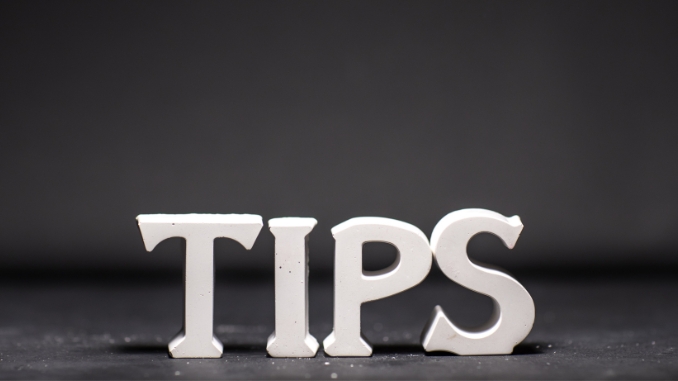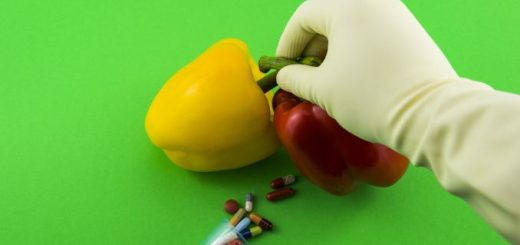Biting Tongue 101: Causes, Remedies, and Tips for Prevention
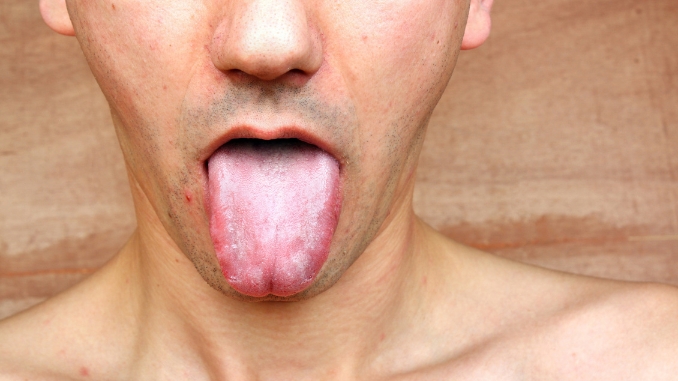
Last updated on February 7th, 2024 at 09:33 pm
Are you tired of accidentally biting your tongue? We'll explore the causes of tongue biting, ways to find relief, and prevention tips. When a person bites his/her tongue, it may happen for several reasons, such as stress, anxiety, dental issues, or even tongue-tie. We'll delve into each cause, providing effective remedies to alleviate the pain.
Prevention is key when it comes to tongue biting. We'll share practical tips and techniques, from mindfulness practices to regular dental check-ups, to help you avoid this uncomfortable situation.
Understanding Tongue Biting
Tongue biting, also known as oral mucosal injury, occurs when the teeth accidentally come into contact with the tongue, resulting in pain, discomfort, and sometimes even bleeding. This can happen during activities such as eating, talking, or sleeping.
While it may seem minor, repetitive tongue biting can lead to chronic pain and irritation, affecting oral health. Understanding why you keep accidentally biting your tongue is crucial in finding effective remedies and preventive measures.
Why Do I Keep Accidentally Biting My Tongue?
Accidental tongue biting can be attributed to various factors, including stress, anxiety, distraction, and certain habits. The risk of biting the tongue increases significantly for individuals who grind their teeth, especially during sleep.
Additionally, engaging in activities that require intense focus, such as reading or working on a computer, can lead to absent-minded biting of the tongue. Understanding the underlying reasons behind this body-focused repetitive behavior can help implement targeted solutions.
Is Biting Tongue Bad?
While a single instance of tongue biting may not cause significant harm, repeated occurrences of tongue bite can lead to discomfort, pain, and potential complications.
It can result in swelling, excessive bleeding, inflammation, trouble breathing, and the formation of painful ulcers. In severe cases, persistent tongue biting can lead to scarring and chronic discomfort. It is necessary to address this issue immediately to prevent it from affecting your quality of life.
Common Causes
Biting your tongue can happen to anyone, and it occurs for several reasons. Aside from stress and anxiety, dental issues are another cause.
- Misaligned teeth
- Sharp dental restorations
- Ill-fitting dentures
- Tongue-tie, a condition where the language is tethered to the floor of the mouth, can also contribute to tongue biting.
Finding the exact cause of your tongue biting can help you manage the issue more effectively. If stress and anxiety are the culprits, focusing on stress-reducing techniques such as meditation, deep breathing exercises, and engaging in calming activities like yoga can be beneficial.
If dental issues are to blame, it's important to seek advice from your dentist to discuss potential solutions, such as orthodontic treatment or adjustments to dental restorations.
In the case of tongue-tie, a consultation with an oral surgeon or an ENT specialist can help determine if a surgical procedure is necessary to correct the condition and reduce the likelihood of tongue biting.
Dental Treatments
Various dental medical treatments can effectively address the problem. Orthodontic treatment is a standard option, particularly when misaligned teeth heighten the risk of accidental tongue bites. Correcting tooth alignment through orthodontics significantly reduces the likelihood of such incidents.
Adjustments to dental restorations present another treatment avenue. Sharp dental restorations like fillings or crowns may irritate, leading to tongue biting. Dentists can evaluate and smooth these restorations, making necessary adjustments to prevent accidental bites.
Surgical intervention may be necessary for addressing tongue-tie, a potential contributor to tongue biting. Evaluation by an oral surgeon or ENT specialist can determine the severity and recommend an appropriate surgical procedure for correction.
Biting Tongue While Eating
Biting your tongue while eating is common and can happen when you're not paying close attention to the food in your mouth. It can be especially problematic if you're eating quickly or when distracted.
Additionally, certain types of food, such as hard or sticky items, can increase the risk of accidentally biting your tongue. Being mindful of your eating habits and the types of food you consume can go a long way in reducing the likelihood of this happening.
Home Remedies
Apart from physical remedies, numerous home solutions can ease the pain and expedite healing for a bitten tongue.
- Honey – with its natural antibacterial properties, proves beneficial; apply a small amount directly to the bite, let it sit, and rinse with warm water.
- Aloe vera gel – recognized for its cooling and healing qualities, is another effective option; apply it to the affected area multiple times daily.
- Avoiding hot and spicy foods – during the healing process prevents additional irritation to the sensitive area.
Moreover, there are other ways to treat a bitten tongue.
How to Treat Bitten Tongue
When you accidentally bite your tongue, swift relief and healing are crucial. Several effective remedies can help alleviate the pain and promote healing when providing quick relief for bitten tongue and mouth injuries.
From simple home remedies to over-the-counter treatments, there are various options for managing the discomfort associated with mouth injuries along with tongue biting.
1. Ice Pack
The cold reduces swelling and numbs the pain. Applying ice to the impacted area can reduce swelling and numb the pain.
Place the ice pack on the tongue or the outside of your mouth for short intervals. You can use an ice pack in a moist hand towel or a bag of frozen vegetables as an improvised compress.
2. Rinsing with Salt Water
Rinsing your mouth with warm saltwater— the warmth eases the affected area, and salt acts as a natural antiseptic, minimizing infection risk.
Gargle with a warm saltwater solution to help clean the wound and promote faster healing. Mix salt in warm water and gently rinse your tongue protector mouth.
3. Over-the-Counter Pain Relievers
Over-the-counter pain relievers like ibuprofen temporarily relieve persistent pain or severe bites. Adhering to recommended dosages is vital, and consulting a healthcare professional is advised for severe or worsening pain.
Non-prescribe pain relievers such as ibuprofen or acetaminophen can help alleviate pain and reduce inflammation. Follow the recommended dosage on the packaging.
4. Topical Anesthetics
Apply a numbing gel or ointment designed for oral use to the affected area for temporary relief. Follow the product's instructions for application.
How to Heal Bitten Tongue Faster
Promoting faster healing involves taking proactive steps to create an optimal environment for the injured tissue to repair itself.
Maintaining good oral hygiene, including gentle brushing and mild mouthwash, can control infection and promote healing. Staying hydrated and resting well can also support the body's natural healing process.
Tips for Preventing Tongue Biting
Preventing tongue biting requires awareness, behavioral changes, and proactive actions to minimize the risk of accidental tongue injury.
By implementing simple strategies and making conscious efforts, you can significantly reduce the likelihood of biting your mouth guard tongue in the future.
1. Mindful Chewing
Pay close attention while eating and avoid rushing through meals; chew and eat mindfully. Also, if you chew gum, be mindful. Avoid aggressive chewing or biting, which can lead to accidental tongue bites. Choose softer chewing gum or varieties if possible.
2. Stress Management
Practice stress-reducing approaches such as deep breathing, meditation, or yoga. High-stress levels can contribute to nervous habits, including tongue biting.
3. Regular Dental Check-ups
Schedule regular visits to your dentist to address any oral health issues, such as misaligned teeth or sharp edges.
4. Avoid Chewing on Objects
Break the habit of chewing on pens, pencils, or other objects. Chewing on hard items increases the likelihood of accidentally biting your tongue.
5. Use Removable Oral Device
If you have orthodontic issues, consult your dentist about using oral appliances or braces to address misalignments.
6. Be Mindful of Distractions
Avoid engaging in activities that may distract you while eating or talking. Awareness of your surroundings can reduce the likelihood of accidentally biting the tongue.
Remember, implementing these preventive tips can significantly reduce the frequency of tongue biting. If you continue to experience issues or underlying dental concerns, seek advice from a healthcare professional or dentist.
How to Stop Biting Tongue
Identifying and addressing the underlying causes is essential for effectively stopping this behavior. For individuals who make teeth grinding, using a mouthguard at night can help prevent accidental tongue biting while sleeping.
Additionally, consciously reminding yourself to be mindful of your oral movements.
Dietary Changes to Prevent Biting Tongue
Certain foods can increase the risk of accidentally biting your tongue. Hot and spicy foods, for example, can irritate the language and make it more sensitive, increasing the chances of biting it.
Additionally, hard foods or requiring excessive chewing can pose a risk. To prevent it, consider making the following dietary changes:
- Avoid extremely hot or spicy foods: Opt for milder alternatives or reduce the spice level in your meals to protect your tongue from irritation.
- Cut food into smaller pieces: Reduce the risk by cutting food into smaller, more manageable pieces. This is especially important for hard or chewy foods requiring more effort.
By following these simple dietary changes, you can minimize the chances and enjoy your meals without discomfort.
When to See a Doctor
In most cases, a bitten tongue will heal within a few days. However, there are instances where seeking medical treatment is necessary.
If the pain persists or worsens over time, or if you see signs of infection, such as redness, increased swelling, or discharge from the wound, it's essential to consult a healthcare professional. They can assess the gravity of the injury and provide appropriate treatment or recommendations.
Additionally, if you experience it frequently without an apparent cause or suspect tongue-tie may be contributing to the issue, seeking medical attention and a consultation with an oral surgeon or an ENT specialist is also advisable. They can evaluate the condition of your tongue and recommend appropriate interventions.
Conclusion
Tongue biting can be a distressing experience, but understanding its causes, implementing effective remedies, and adopting preventive strategies can minimize its impact on your daily life. Whether it's being more mindful while eating, addressing underlying dental issues, or making lifestyle changes, there are various approaches to preventing and managing it.
Implementing the techniques and tips in this guide, you can prevent tongue bites and proactively move towards a healthier and more comfortable oral experience.
Remember, with patience and persistence, you can significantly reduce the occurrence and promote better oral well-being.
Most people don’t realize it, but the food you eat plays a significant role in healing injuries and eliminating pain. Check out this Anti-Inflammatory Cookbook Bundle now!
Rick Kaselj MS, is a leading kinesiologist and injury specialist as well as co-creator of the best-selling Unlock Your Hip Flexors program. Rick creates exercise programs that help people heal injuries and eliminate pain, so they can go back to living a full, active, healthy life.

